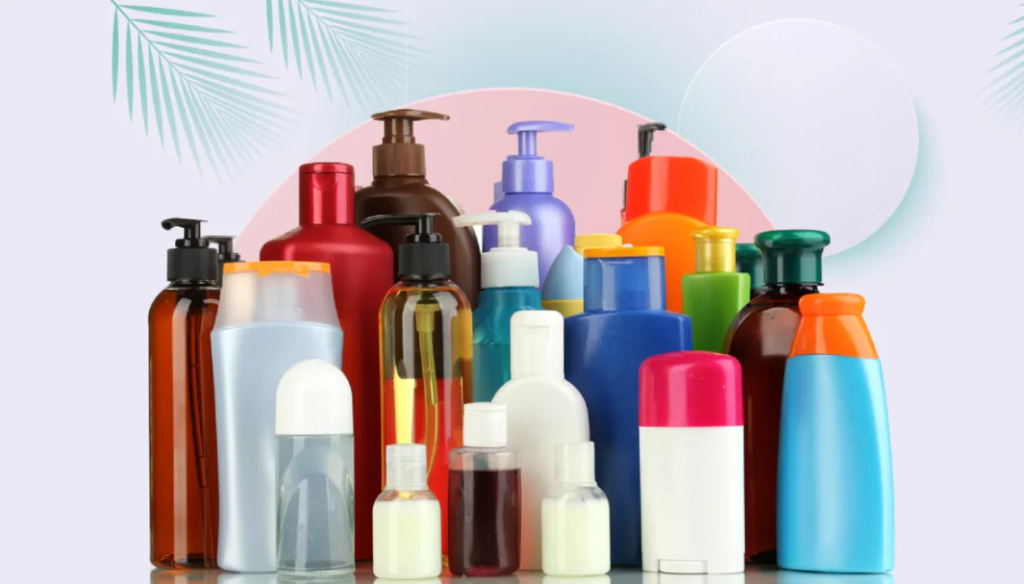When it comes to skincare, we often focus on what goes into our products rather than where we store them. However, proper storage—especially when it involves refrigeration—can be crucial for maintaining the effectiveness of skincare products. In this guide, we’ll discuss the role of skincare packaging, which products should be refrigerated, and whether hyaluronic acid needs that extra chill.
The Importance of Skincare Packaging
Skincare packaging is more than just aesthetics; it’s a science that helps protect and preserve the active ingredients in your products. The right packaging can prevent contamination, protect against light and air exposure, and ultimately extend the shelf life of your beloved serums and creams.
- Protection from Light and Air: Many active ingredients, like retinoids or vitamin C, are sensitive to light and air, which can cause them to degrade. Airless pumps and opaque containers are ideal for these types of products.
- Preventing Contamination: Always opt for products in pump bottles or tubes over jars, as they limit the exposure to bacteria and germs from your fingers.
- Sustainability: With growing environmental concerns, brands are increasingly adopting sustainable packaging solutions. Recyclable materials and refillable containers are becoming more prevalent, offering eco-friendly options for conscious consumers.
By understanding the role of skincare packaging, you can make informed decisions about not only what products to buy but also how to store them effectively.
What Skincare Should be Refrigerated?
Skincare refrigerators have gained popularity as more consumers seek to maintain the efficacy of their products. But which skincare items truly benefit from refrigeration? Here are a few:
Facial Mists and Toners
Chilled facial mists and toners can provide a refreshing wake-up call for your skin. The cooling sensation also helps tighten pores and reduce puffiness, making them perfect for morning routines.
Eye Creams and Gels
Eye creams formulated to reduce puffiness or dark circles work better when applied cold. The temperature helps constrict blood vessels, reducing swelling and improving the appearance of tired eyes.
Natural and Organic Products
Products without preservatives are more prone to spoilage. By storing them in a fridge, you can extend their lifespan and ensure that they remain potent and safe for use.
Sheet Masks
Keeping sheet masks in the fridge not only enhances their soothing effect but also relieves inflammation and redness after application.
While refrigeration can enhance the performance of certain skincare products, it’s not a one-size-fits-all solution. Some products can actually become less effective if exposed to cold temperatures.
Should Hyaluronic Acid Be Refrigerated?
Hyaluronic acid is a powerhouse ingredient known for its hydrating properties, capable of holding up to 1,000 times its weight in water. But does it need to be refrigerated to maintain its efficacy?
The Science Behind Hyaluronic Acid
Hyaluronic acid works by attracting moisture to the skin’s surface, keeping it hydrated and plump. It’s a stable compound that doesn’t degrade easily, making it relatively low-maintenance in terms of storage.
The Verdict
Refrigeration is not necessary for hyaluronic acid. Unlike some other active ingredients, hyaluronic acid can maintain its stability at room temperature. However, storing it in a cool, dark place to avoid exposure to heat and light is advisable. If you prefer a cooling effect, there’s no harm in keeping it in the fridge, but it’s not a requirement for its preservation.
Best Practices for Skincare Storage
Whether you have a skincare fridge or not, these best practices will help you get the most out of your products:
- Keep It Cool: Store products away from direct sunlight and heat sources. A bathroom drawer or cabinet is usually ideal.
- Check Expiry Dates: Skincare products can expire, even if they’re stored properly. Regularly check the expiry dates and look for signs of spoilage, like changes in color, smell, or texture.
- Seal Tightly: Always make sure lids and caps are tightly secured to prevent air exposure and contamination.
- Organize: Keep your skincare products organized so you can easily access them and rotate them based on their expiration dates.
Conclusion
Proper skincare packaging and storage can greatly impact the effectiveness and longevity of your products. While some items benefit from refrigeration, like eye creams and natural products, others, such as hyaluronic acid, do not require it. By understanding the nuances of skincare packaging and storage, you can ensure that your skincare routine remains effective and your products last longer.
Curious about which skincare products you should try next? Stay tuned for more tips and reviews on maintaining a glowing, healthy complexion!


